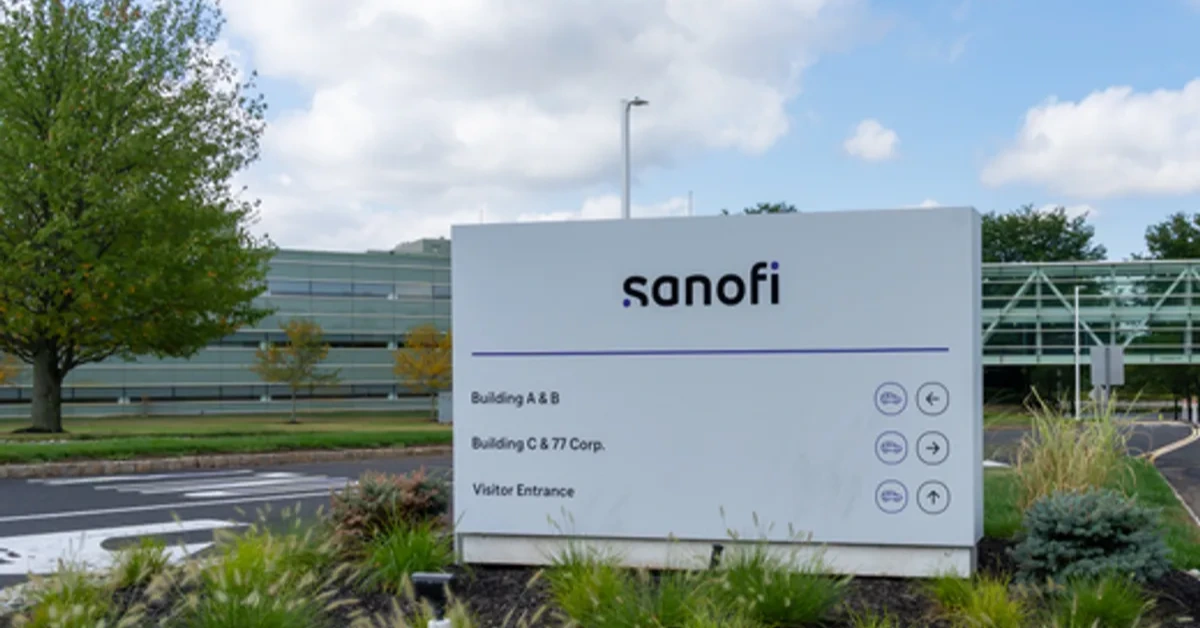
FRANCE – Sanofi has decided to stop the phase 3 clinical trial for its E. coli vaccine candidate, ExPEC, after an interim review found that the vaccine did not show enough effectiveness in preventing serious infections.
This decision comes a year and a half after the company acquired the vaccine from Johnson & Johnson (J&J) in a US $250 million deal.
Why the trial was halted
The large-scale randomized, double-blind, placebo-controlled trial (NCT04899336) began in 2021, enrolling nearly 20,000 participants across 250 sites on five continents.
It specifically targeted adults aged 60 and above with a history of urinary tract infections (UTIs), a group at higher risk for severe E. coli infections.
The goal was to determine whether the nine-valent vaccine could prevent invasive extraintestinal pathogenic E. coli disease, a major cause of sepsis in older adults.
However, an independent Data Monitoring Committee (IDMC) reviewed the trial data and concluded that the vaccine was “not sufficiently effective” compared to a placebo.
As a result, Sanofi discontinued the study, though the company emphasized that no safety concerns were identified.
Financial and strategic impact
Sanofi now faces a US $250 million impairment charge, which will be reflected in its fourth-quarter financial results. Despite this setback, the company assured that its 2025 financial guidance remains unchanged.
Expressing disappointment, Jean-François Toussaint, head of vaccine R&D at Sanofi, stated:
“We are disappointed to see that the vaccine was not associated with sufficient efficacy to support the trial continuation, and we will work tirelessly to understand the factors behind the IDMC’s finding and to share further analysis once available.”
Despite this failure, Toussaint reaffirmed Sanofi’s commitment to innovation, saying: “While disappointed by this outcome, we remain steadfast in our commitment to drive innovation in R&D by developing first and best-in-class vaccines in areas of high unmet need.”
Sanofi’s bet on J&J’s vaccine program
Sanofi acquired the vaccine candidate from J&J in October 2023, paying US $175 million upfront as part of a co-funding agreement.
At that time, J&J was restructuring its vaccine division, cutting programs for respiratory syncytial virus (RSV) and other diseases, while also closing a research facility.
The E. coli vaccine trial, however, was still ongoing, with an original completion target of May 2025.
Sanofi saw this acquisition as an opportunity to leverage its global manufacturing expertise and expand its vaccine portfolio. The agreement also granted profit-sharing rights in the U.S. and select European markets.
E. coli and its public health impact
E. coli infections are commonly linked to food poisoning, often caused by consuming undercooked or contaminated food. While many strains of the bacteria are harmless, some can cause severe illness and even death.
According to the U.S. Centers for Disease Control and Prevention (CDC), the O157:H7 strain of E. coli is responsible for approximately 73,000 cases of illness annually in the United States.
Meanwhile, in a separate E. coli-related development, the U.S. Army has partnered with iNtRON Biotechnology, a South Korean company, to develop bacteriophage-based treatments for uropathogenic E. coli infections.
XRP HEALTHCARE L.L.C | License Number: 2312867.01 | Dubai | © Copyright 2025 | All Rights Reserved